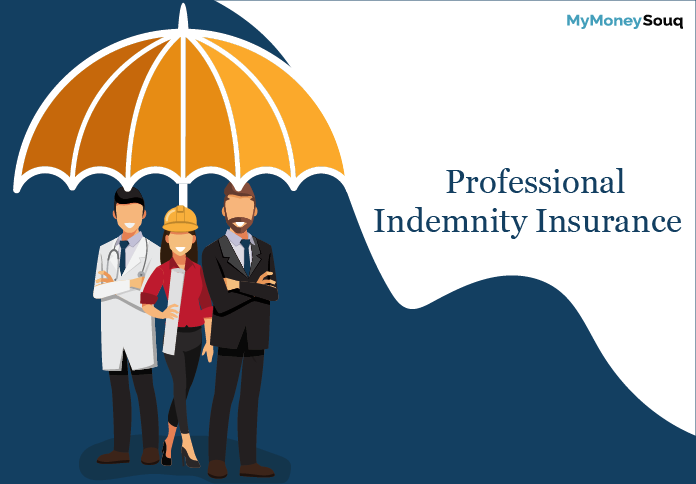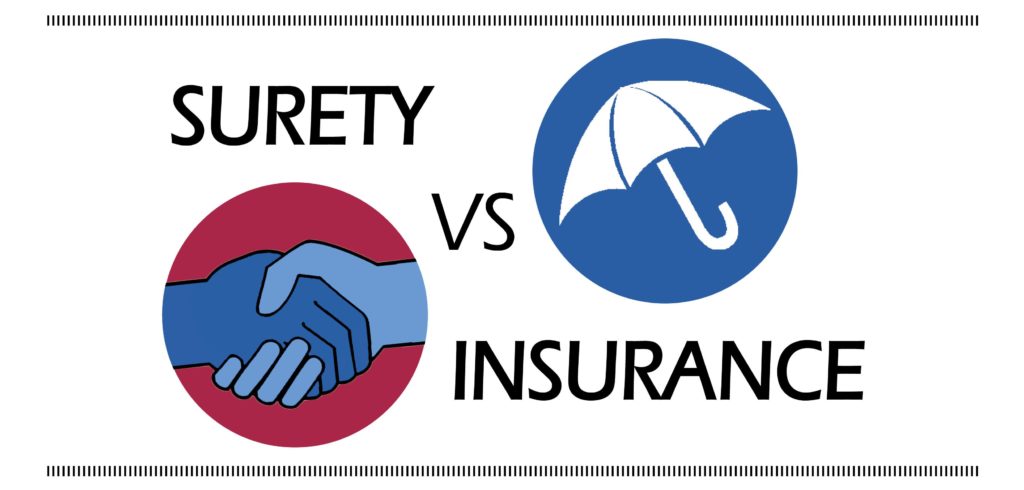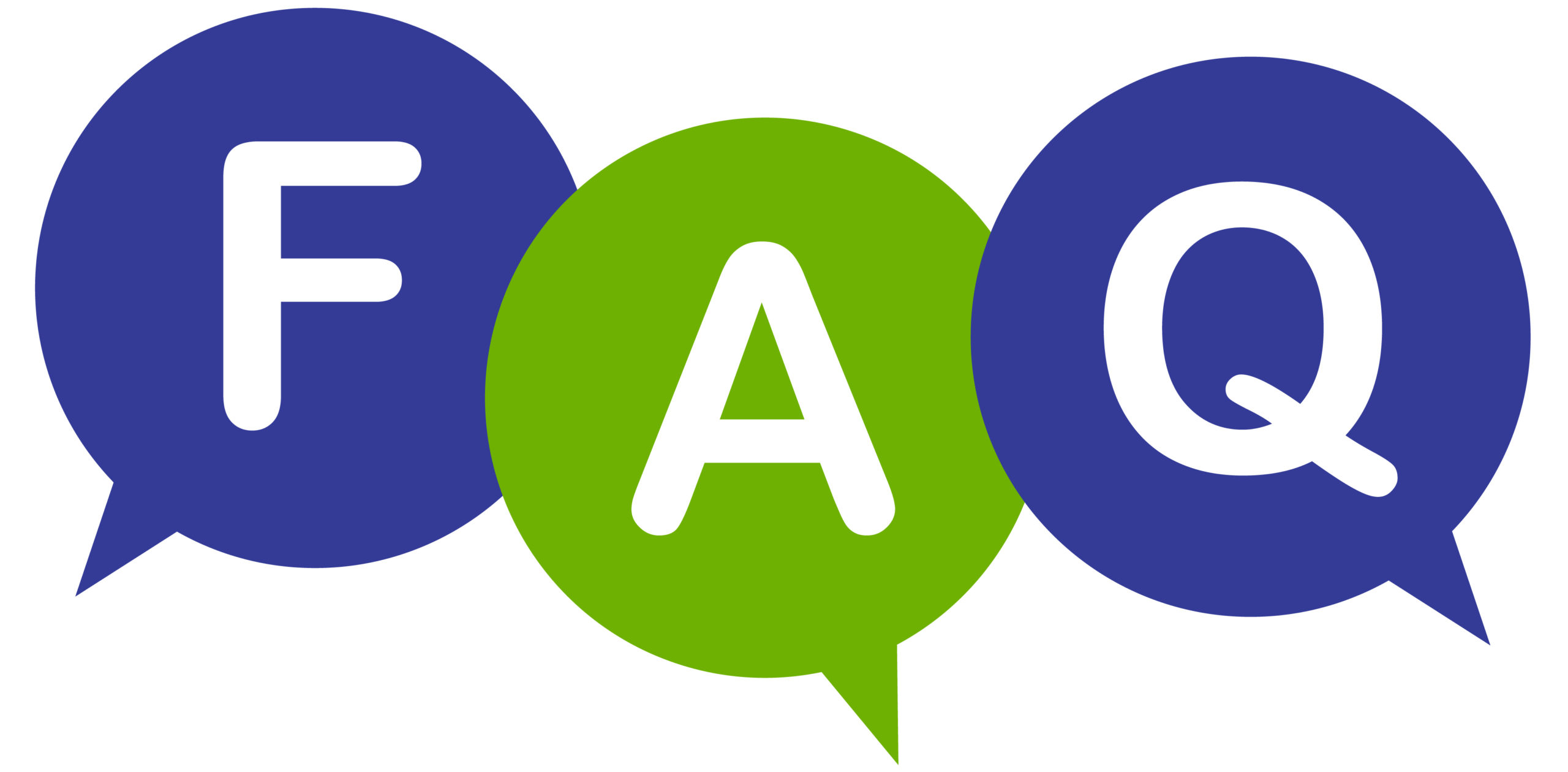- Dubai, United Arab Emirates
- tameenguru@gmail.com
- +971 54 379 7955
Casualty insurance is a broad category of insurance coverage for individuals, employers, and businesses.












Essential Coverage against loss of property, damage, or other liabilities.
Get Insurance Advice from Tameen Guru
Casualty insurance, more commonly known as liability insurance includes vehicle insurance and liability insurance. Liability insurance protects you from financial loss if you become legally liable for injury to another or damage to property. To be legally liable, one must have demonstrated negligence—the failure to use proper care in personal actions. If negligence results in harm to another, the offending party is liable for resulting damages. People in the insurance industry often call liability losses third-party losses.
The insured is the first party. The insurance company is the second party. The person to whom the insured is liable for damages is the third party.
Call us to get an Advice

Over 2000 Contacts Worldwide

100% Viewers Satisfaction guaranteed

First Educational Specialized Channel for Insurance

Insurance & Reinsurance Partners
Get Casualty Insurance Advice– instantly
Types of Casualty Insurance are:
1. Motor
- Comprehensive Ins.
- Third Party Liability TPL
Due to the importance of this type of insurance, we designed a separate page for this line of business.
2. General Liability
Public Liability Insurance :
Members of the public may suffer injury or damage to their property due to the activities of someone else and that insurance has designated to provide compensation for those who may have to pay damages and legal costs . Particular types of policy are available for each type of risk as follows:
A-Commercial General Liability
This coverage protects businesses when a person is injured on the premises or property damage is caused as a result of the operations of the business. Slip and fall claims are one of the most frequent types that general liability covers.
For example, a contractor installing a new roof at a residence fails to cover the roof overnight and it rains, causing damage to the interior of the home. The liability coverage would pay for the property damage caused by the contractor’s negligence. In another instance, the same contractor leaves a ladder unattended and a small child climbs up the ladder and falls off resulting in an injury. The contractor was negligent in leaving the ladder up and the policy would respond if compensation is sought for the injuries suffered by the child.


B- Product Liability
The Insurance policy covers the liability arising out of goods sold. If a person is injured by any product that he purchase (foodstuffs as an example) and he can show that the seller or in some cases the manufacturer was to blame he could succeed in a claim for damages.
C- Professional Indemnity / Liability
Professional Liability coverage protects businesses or individuals when they cause injury to a person as a result of or while performing their professional services. This can arise when Lawyers, Accountants, Doctors, insurance brokers and a whole range of professionals do or say something which results in others suffering in some sense. For example, a Lawyer may give advice carelessly that results in a client losing money. That client would then be able to sue the Lawyer for an amount equal to what he had lost. The Lawyer can effect PI policy to meet the cost of any award against him. There are many different types and levels of this insurance.
- Medical and legal professionals carry professional liability insurance, also known as malpractice insurance.
- Architects and designers need professional liability insurance in the event one of their designs fails and causes injury or property damage.
- Real estate agents, insurance agents, and financial professionals need it in case of an error or omission that causes a monetary loss to a client they represent.
These are just a few examples and the need for this coverage is not limited to these professions. There are many others that are not fully protected without it.


D- Workmen Compensation Liability /Employers Liability (EL)
The EL policy protects an employer in the event an employee is injured on the job and claims the employer’s negligence contributed to the injury and sues. It also does cover third-party liability. This could be due to anything from a failure to provide a safe working environment to intentionally putting the employee in harm’s position. When an Employer is held legally liable to pay damages to an injured employee, he can claim against his EL policy which will provide him with exactly the same amount he himself has had to pay out including certain expense such as lawyer’s fees or doctor’s charges. The policy is restricted to damages payable in respect of injury and does not apply where property of an employee is damaged. Employer’s liability pays additional compensation over and above the workers compensation benefits upon a court judgment of negligence on the part of the employer.
E-Directors’ and Officers’ Liability (D&O)
Directors’ and Officers’ Liability insurance covers directors and officers for financial losses arising from actual or alleged wrongful acts. It includes cover for defence costs and expenses, investigation costs and extradition costs. Legislation in many countries has made Directors liable for the behaviour of a company so that shareholders, creditors, customers, employees and others can now take action against directors as individuals.


F- Personal Liability Insurance
Personal Liability occurs in the event an accident, in or out of your home, that results in bodily injury or property damage that you are held legally responsible for. Personal liability claims could include medical bills, legal fees and more if a guest is injured on your property, as well as coverage for accidental damage you are legally responsible for on someone else’s property. If you have personal liability coverage, you may be able to avoid paying out of pocket for incidents like these, up to your coverage limits. That’s why personal liability coverage is an important component of your homeowners insurance or renters insurance policy. Example: let’s say a guest visits your home and while walking through your garage is hit by a falling ladder. The guest suffers a broken arm and sues you for damages – which can be thousands of dollars. This is where personal liability insurance can kick in. Personal liability will cover the costs of medical bills, as well as your legal defence fees, up to the limit of your liability coverage. However, personal liability coverage may also be able to cover an incident that occurs outside your home or property.
G-Credit and Bond Insurance
Default of creditors or dishonesty by persons in positions of trust can give rise to losses covered by these insurances.
- Credit Insurance
- Suretyship or Fidelity Guarantee Insurance
- Commercial Guarantees
- Local government bonds
- Court bonds
- Government bonds
Surety bonds provide financial guarantees that contracts and other business deals will be completed according to mutual terms. Surety bonds protect consumers and government entities from fraud and malpractice. When a principal breaks a bond’s terms, the harmed party can make a claim on the bond to recover losses.


What is the differences between Surety Bonds and Insurance Policies?
A surety bond is a written contract in which one party guarantees another party’s performance or obligation to a third party. It provides monetary compensation or satisfactory completion of an obligation should there be a failure to perform specified acts within a stated period of time. There are three parties to a surety bond: the principal, the obligee and the surety. In comparison, insurance involves two parties: the insured and the insurance company.
Parties to a Surety Bond: Principal – This is the person or business required to be bonded by the obligee. The Principal is obligated to the obligee to pay and/or perform according to a law, ordinance, rule, regulation, contract, license or permit. Obligee – This is the party that requires the principal to provide the bond. The obligee is protected from loss by the surety if the principal fails to fulfill their obligations. Surety – This is the insurance carrier that guarantees the obligations of the principal to the obligee. The risk of loss in property-casualty insurance is usually the accidental occurrence of events, such as a fire or a hurricane, or the occurrence of a crime such as theft. The risk of loss in surety bonding is the failure of persons or entities to perform obligations they have assumed. The following are examples of such obligations:
- To perform fiduciary obligations faithfully.
- To perform official duties faithfully.
- To perform a contract and comply with all its terms and conditions.
- To pay obligations incurred in the performance of a contract.
- To meet all ordinance or statutory conditions in performing a licensed trade or business.
A bond does not protect the buyer of the bond (the principal), but does protect a third party (the obligee) from exposure to loss. The surety prequalifies a prospective principal on the basis of the principal’s credit strength, ability to perform and character. The surety fully expects the principal to undertake its obligations successfully. Unlike insurance, if a claim is made on a bond, the surety expects to be indemnified or repaid by the principal.
We've got answers

Frequently Asked Questions
1.What does personal liability insurance cover?
Under your basic homeowners insurance or renters insurance policy, personal liability coverage may protect you under the following circumstances, up to your policy limits:
- Lawsuits you may face if an accident occurs
- Bodily injury to an individual
Property damage that occurs as a result of your negligence.
2.What isn’t covered by personal liability insurance?
While your standard home or renters insurance will cover certain personal liability claims, there are other claims that may not be covered, such as:
- Liability resulting from an automobile accident (this will typically be covered by your auto insurance).
- Bodily injury or property damage caused intentionally by you or a family member in your home.
- Injuries or damages sustained by you or family members in your home.
- Business activities or claims related to your profession.
3.What is the difference between Personal and Public Liability Insurance?
Personal liability insurance covers injury or damage compensation claims made against you by a third party. Public liability insurance is the commercial version of this insurance - it covers compensation costs if someone makes a claim against your business for injury or damage.
4.What is Excess Casualty Insurance ?
What is Excess Liability coverage? Excess Liability, sometimes known as an Umbrella policy, will respond when the underlying liability limits of your other policies, like homeowners or auto, have been exhausted. ... This is where Excess Liability coverage would kick in to help cover those unexpected costs.
5.Are casualty and liability insurance the same?
Liability insurance protects your business from lawsuits -- both the legal costs and the settlement or judgment costs, if any. General liability covers injuries and damages that occur in the course of doing business. Casualty insurance focuses on injuries on your business premises and crimes against it.
6.What is an Insurance Bond used for?
A contract surety bond is typically used to guarantee the performance of a contractor (who in this case is the principal) for a construction contract. If the contractor falls through, the surety company must secure another contractor to complete the project or reimburse the project owner for any financial loss.
